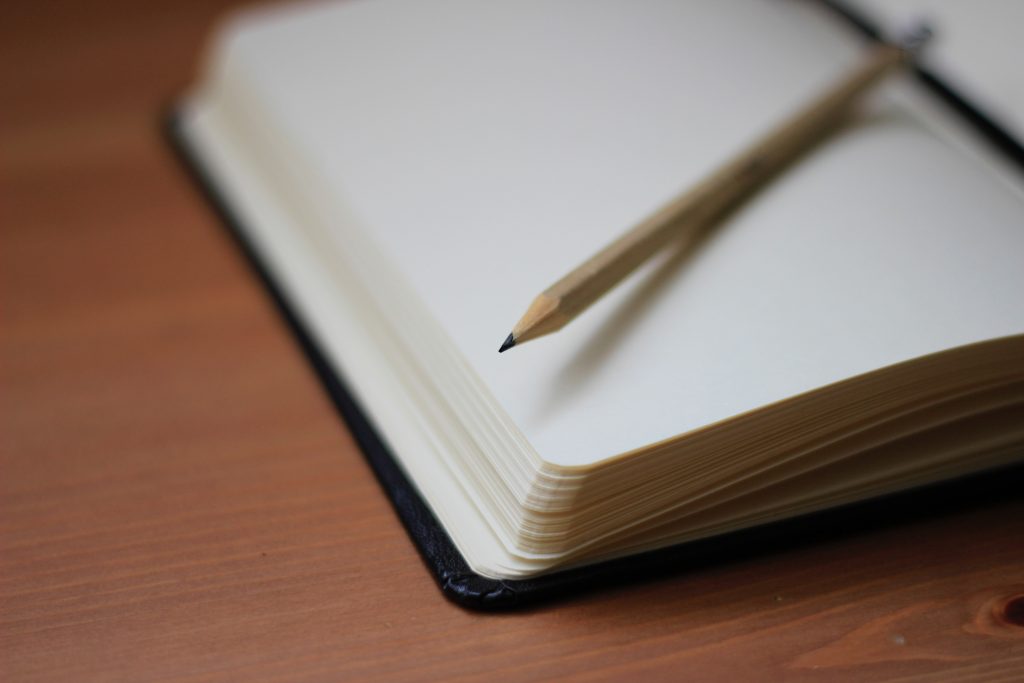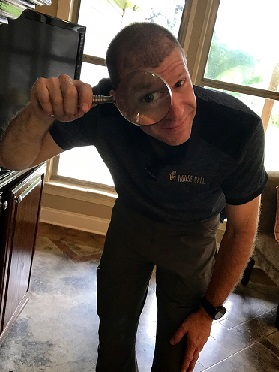Everyone wants be be faster at their job. Even professional home inspectors, who are typically very detail oriented and spend time looking in every crack and crevice of a home, would like to work more efficiently. We’re under a lot of stress during the on-site inspection process, with everyone involved wondering when we’re going to be done looking around (and when they can leave the house). Constantly being asked “I’m not trying to rush you, but when are you going to be finished?” while you’re trying to work can definitely add to our stress level. Obviously, we want to do a good job, but are there any legitimate steps we can take to make our job go a little more quickly?

As a home inspector, there are three main things that we must concentrate our attention on during an inspection, and therefore three points of stress with our job: our knowledge of houses, our knowledge of our inspection reporting software, and our physical inspection routine. If we can enhance any of these areas of concentration, we can lessen the amount of stress that we’re under while performing a home inspection. In turn, that can help us move through the inspection process a bit more quickly, which means everyone can get on with their day (and quit bugging us about wrapping up!)
The first of these three areas where we can work to improve our process is in regard to our knowledge of houses. We can help to reduce stress here by educating ourselves in all areas related to our profession. If we’re required to get 20 hours of continuing education each year by our licensing/certification entity, then we should get 120 hours. We should attempt to learn as much as we can from other professionals, by doing things such as attending industry events and attempting to find a mentor. The more knowledge that we can acquire, the more valuable we will become to our clients, and the less likely we are to be intimidated by the possibility of making a mistake during the inspection.
The second way that we can become more proficient is to get better with our software. We’ve got enough to think about while we’re working, without having to worry about exactly where to find the checkbox for threaded pipe at the end of a TPR drain line. The easiest way to reduce this inevitable job stress is to become more proficient with our home inspection software and hardware. Take time to read the owner’s manuals. Check out the company website for tips and tricks. Join, read and participate in any message boards the company (or their users) have formed. Practice using your software on a regular basis, until using it is almost second nature. And always be open to change, updating and upgrading whenever the right opportunity presents itself. If you’re not willing to change when something is obviously better than what your currently doing, you’ll quickly fall behind those that do.
It is not the strongest of the species that survive, not the most intelligent, but the one most responsive to change.
Charles Darwin
The third way to help to become a more efficient inspector is by developing a set routine to follow while performing the on-site portion of the inspection. If we think about it, we’re typically doing some version of the same thing each time we’re inspecting a house. It should be fairly easy to develop a specific plan, a set protocol, to serve as a guideline for our inspection process. Doing so can go a long way towards performing our inspections in the most efficient and productive manner.
One of the best ways to start a routine is to put it to paper. Sit down and write out an ideal routine, spelling out the certain order that we’ll follow while we’re performing the various steps required for the typical inspection. Batch together similar items or things that can be done together without moving to a different location in the house. If the electrical panel is in the laundry, we can inspect the panel as soon as we’re finish inspecting the laundry area instead of walking around the house and inspecting all the electrical panels first, as soon as we arrive at the house. Visually check the walls, ceilings and floors for damage while we’re walking around the house checking the temperature change at the HVAC registers. We should develop a routine that will maximize our efficiency during the inspection, utilizing our on-site time wisely. Work to commit this routine to memory by performing our inspections according to these set guidelines, and stray from them only when absolutely necessary.
Once we’ve repeated the same action for a set amount of time, it will become like our morning routine: something that our body automatically does without much mental input. This will allow us to focus more of our mental abilities on other priorities: inspecting the house and performing data entry into our software.
Obviously, unexpected situations are sure to pop up from time to time. We’ve got to remain flexible enough to change and modify our routine as the situation dictates. (Always remember that we’ve got to play to our client.) However, developing a set routine can help to reduce our stress, increase our productivity and help us to provide our clients with a higher quality product.

Benjamin Franklin is quoted as saying “Wisdom is measured in routine.” To achieve wisdom in our lives, we must choose to act. We must make the time to sit down and develop our routines. Yes, it can suck sitting at the table and writing a plan down on a piece of paper, as if we were back in Mrs. Murphy’s eighth grade classroom. Obviously, we’d rather be doing anything else. But, remember that an investment of a little hard work now can pay dividends in the future, making our lives much easier for a long time.
Change is the law of life. And those who look only to the past and present are certain to miss the future.
John F. Kennedy
I welcome all feedback (both positive and negative) on this post.
Please take a moment to leave a comment below. Thank you!
Want to be an Influencer in Your Field? Share This Post!
Thanks, Joe

